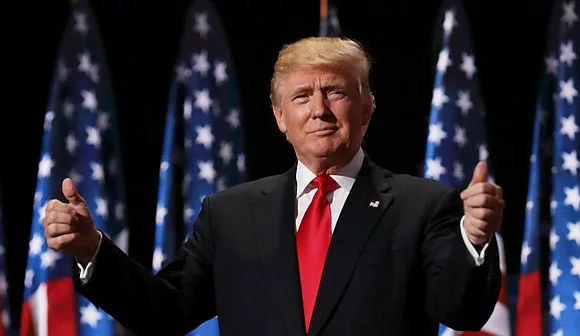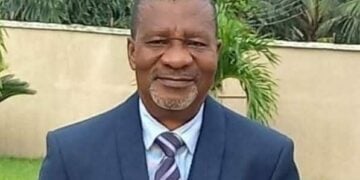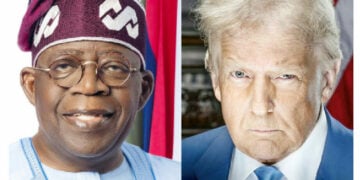A chieftain of the ruling All Progressives Congress (APC), Kehinde Bankole, has urged President Bola Tinubu not to let the recent threat of military action against Nigeria by former United States President Donald Trump divert his focus from effective governance and ongoing reforms.
Bankole, who stated this on Monday in Lagos, said President Tinubu had made significant progress during his two years in office and should not bear sole responsibility for the current security challenges.
He maintained that the president had been proactive in addressing security issues since he took office, including a recent reshuffling of the nation’s Service Chiefs to strengthen the country’s security framework.
The businessman-turned-politician encouraged Nigerians and all well-meaning individuals to come together to support the nation. “We must stand up for our country. We cannot allow ourselves to be intimidated into inaction,” he asserted.
“It is shameful that a country with the largest population of Black people in the world is being ridiculed by one individual in the U.S. This is unfortunate, mainly because our leaders have prioritised personal gains over building functional institutions.
“We have neglected meaningful development; our infrastructure is in dire condition—poor roads, inadequate power supply, and rampant banditry making it difficult for our farmers to work. This is unacceptable,” he stated.
Bankole also stressed that Nigeria is a sovereign nation recognised under the United Nations Charter, which affirms national sovereignty, particularly in Article 2.
He elaborated on several key clauses that outline the UN’s stance on sovereignty: “Article 2(1) Sovereign Equality, this principle establishes that all UN Member States are legally equal, possessing the same rights and responsibilities within the international community. Each state has the right to determine its own political, social, economic, and cultural trajectory, free from external interference.
“Article 2(4) Prohibition on the Use of Force, this clause forbids member states from using force or threatening force against the territorial integrity or political independence of any state, thus protecting a nation’s sovereignty.
“Article 2(7) Principle of Non-Intervention, this article states that the UN should not intervene in matters considered to fall within a state’s domestic jurisdiction, reinforcing the principle of internal autonomy,” he asserted.





